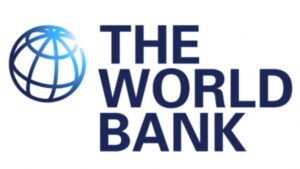GS3 – Environment

Context
The World Bank, in collaboration with the Ministry of Housing & Urban Affairs, released the report “Towards Resilient and Prosperous Cities in India” to address urgent urban climate resilience issues.
Key Challenges:
- Urbanisation & Infrastructure Needs:
- Population Doubling by 2050.
- Housing demand to double by 2070, needing 144 million homes.
- 50% of 2050 urban infrastructure yet to be built.
- $2.4 trillion required by 2050 for resilient infrastructure.
- Presently, only 0.7% of GDP invested in urban infra—below global standards.
Climate Risks:
- Cities may generate 70% of jobs by 2030, but face extreme climate exposure.
- Heat-related deaths could exceed 3.28 lakh annually by 2050.
- Urban Heat Island could raise core city temperatures by 3–4°C.
- Flood damages could rise from $5 billion (2030) to $30 billion (2070).
- Institutional & Governance Gaps:
- ULBs (Urban Local Bodies) lack staff, funding, and autonomy.
- 74th Amendment not fully implemented, limiting decentralisation.
- Over 65% of cities lack real-time climate & infrastructure data.
Recommendations:
- Heat & Flood Mitigation: Adopt cool roofs, stormwater drains, and early warning systems.
- Resilient Infrastructure: Build climate-proof housing, transport, and waste systems.
- Private Investment: Encourage green bonds, blended finance, and risk-sharing.
- Urban Finance Planning: Establish fiscal roadmaps for ULBs.
- Empowering ULBs: Enhance local risk assessment and adaptation capacity.




